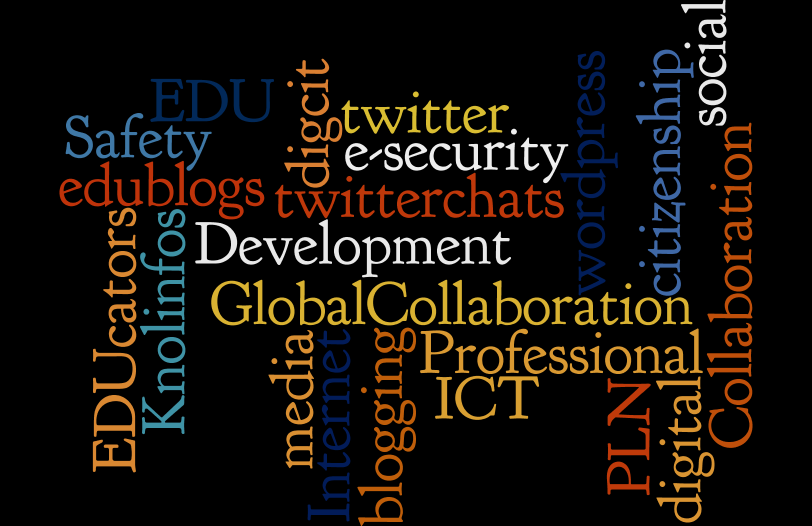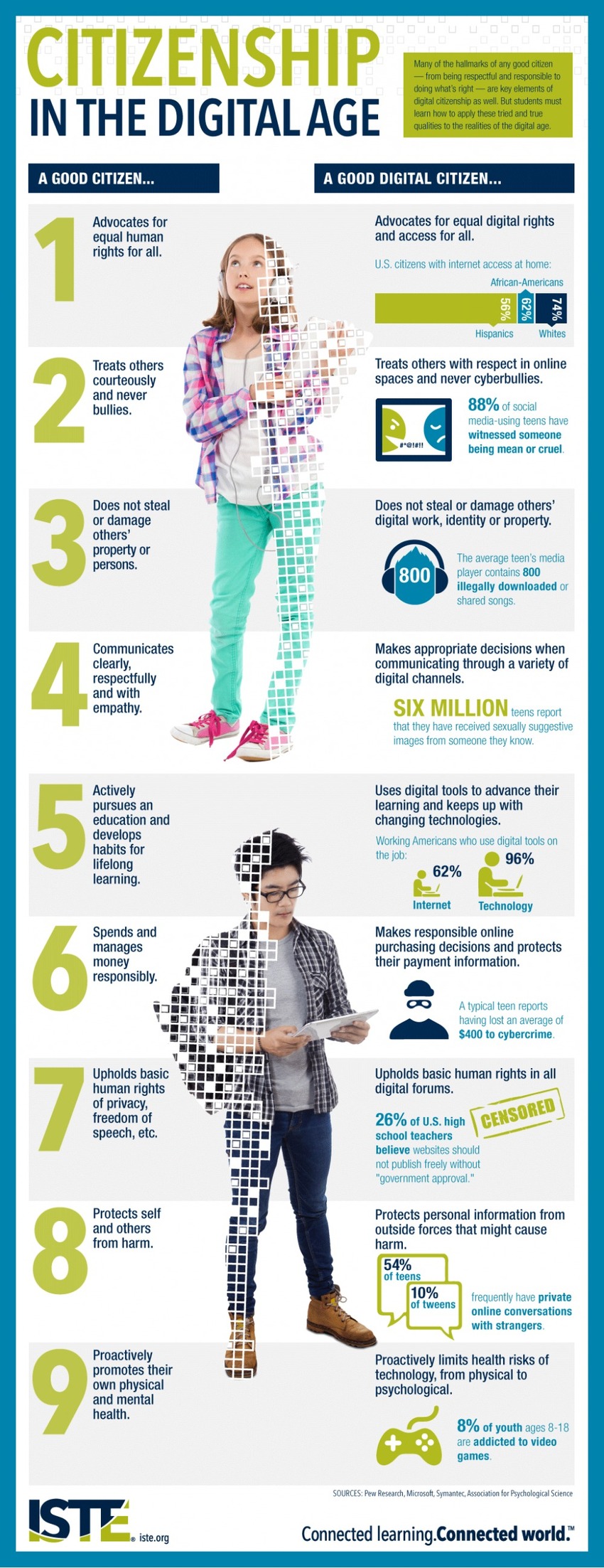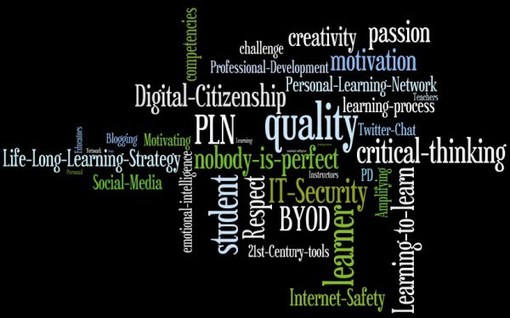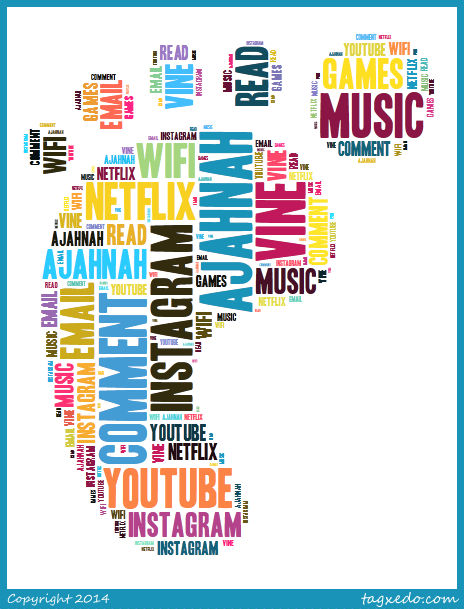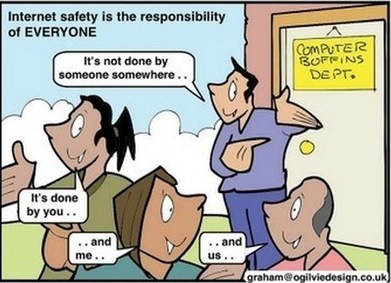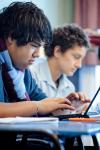Part #1 – Case Study ==> Read the scenario below:
“When he was at the park, Emilio took an amazing photo of a squirrel hanging with one paw from a tree branch. He uploaded this photo to his Flickr photo-sharing website. He also entered it in the school’s photography contest, and it won first prize! Soon people at school visited his Flickr site to download his funny photo. His friends posted the photo on their profiles, blogs, and webpages. Some people at school printed out the photo and posted it in their lockers. Someone in art class used the photo in a collage. Someone else from another school made T-shirts with the photo and sold them.”
Part #2 – Apply New Knowledge (Answer these questions on your blog).
1. If you were Emilio, how would you feel?
2. Do people using Emilio’s photo have a responsibility to ask permission before they use his work? Should they give him credit for his work?
3. Is there a difference between a person selling Emilio’s photo, and a person using the photo just because he or she likes it? Is it different when the people using the photo are Emilio’s friends?
4. If Emilio was concerned about the copyright of his photo, what could he do?
Part #3 – Complete this post by Friday, March 13, 2015 @5pm.
